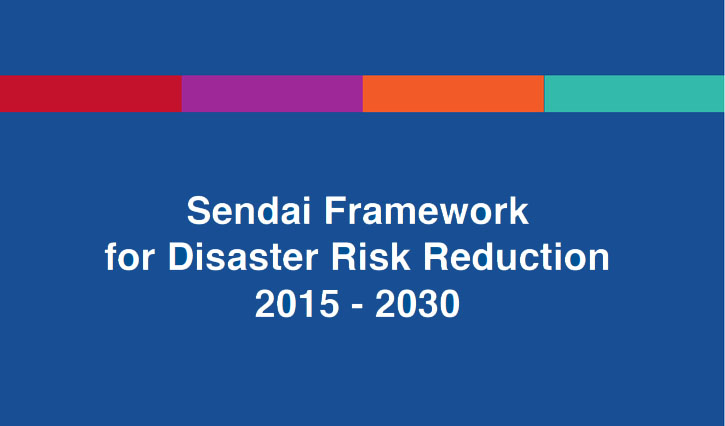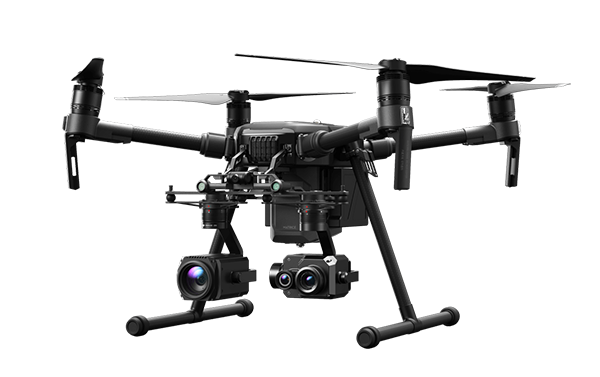The Center took part in a working visit to Germany within the framework of the GIZ project “Climate Risk Management in Central Asia”
During the period from December 3 to December 8, 2023, Deutsche Gesellschaft für Internationale Zusammenarbeit (GIZ) GmbH (the German federal enterprise for international cooperation), as part of the implementation of the project “Climate Risk Management in Central Asia,” organized a working visit to Bonn (Germany), in which the senior expert of the Center Ospanov B. took part. The main purpose of the trip is to obtain information and engage in constructive dialogue to explore approaches, best practices and technologies related to climate risk management and transboundary early warning systems for hydrometeorological disasters in Germany and Europe.
The event was attended by representatives of hydrometeorological services, water resource management organizations and emergency authorities of Kazakhstan, Kyrgyzstan, Tajikistan, Turkmenistan and Uzbekistan.
During the first day, participants visited the German Committee for Disaster Risk Reduction, an association based in Bonn that aims to promote disaster risk reduction. Committee staff provided information on the current national early warning system in Germany, which includes 359 receiving and transmitting stations of federal and regional significance. Since 2001, in addition to the main cable data transmission channel, the system has also received a satellite communication channel, while warning the population has 3 levels: information about danger, danger, and increased danger.
In general, the early warning system uses standard public warning channels (mobile applications, Internet/social networks, digital city notice boards, sirens and mobile warning devices) with the ability to intercept television and radio broadcasts, however, instead of SMS messages, Cell Broadcast technology is used quite effectively (sending SMS messages takes from 4 to 6 hours per region; Cell Broadcast technology (broadcasting of text messages) allows sending text messages to mobile phones within 12-20 seconds on a regional/country scale.).
The German early warning system is based on the structure of the UN warning system, consisting of 4 main elements: risk knowledge; monitoring and forecast service; information dissemination/communication; response potential.
On the second day, participants visited the European Center for Medium-Range Weather Forecasts, both a research institute and a 24-hour operational service that produces global digital weather forecasts for member states as well as the general public. European Center staff presented information on the capabilities of the European Copernicus remote sensing programme, which is managed by the European Commission in cooperation with EU Member States. Representatives of some hydrometeorological services of Central Asian countries confirmed that they actively use Copernicus data, which have open access for most of their services.
The following days were devoted to studying the catastrophic flood in Germany that occurred in July 2021, which killed 136 people in West Germany and caused material damage of more than 30 billion euros.
Participants visited affected communities in the Ahr Valley of North Rhine-Westphalia and spoke with local government officials.
Overall, a series of floods in July 2021, following heavy rains caused by Cyclone Bernd, affected 10 European Union countries, with Germany hit hardest, with the flood being described as the worst in 100 years.
The European Flood Warning System (EFAS) sent out special warnings to all regions of Germany four days before the onset of the rains, local authorities of the German states, using regional early warning systems, also notified the population in advance of the threat of catastrophic floods and conveyed the necessary instructions through all possible communication channels . At the same time, the population of West Germany, especially the residents of the Ahr Valley, did not fully accept the reliability of the information received about the threat of a disaster, as a result of which a large number of people died.
During the summation of the trip, the participants noted the importance and necessity of the measures taken by the Center to create a regional early warning system for transboundary disasters, noted the importance of developing volunteer activities in the field of disaster risk reduction using the example of Germany, and also emphasized the high efficiency in the use of Cell Broadcast technology for warning population and the need for its implementation in Central Asian countries.




















